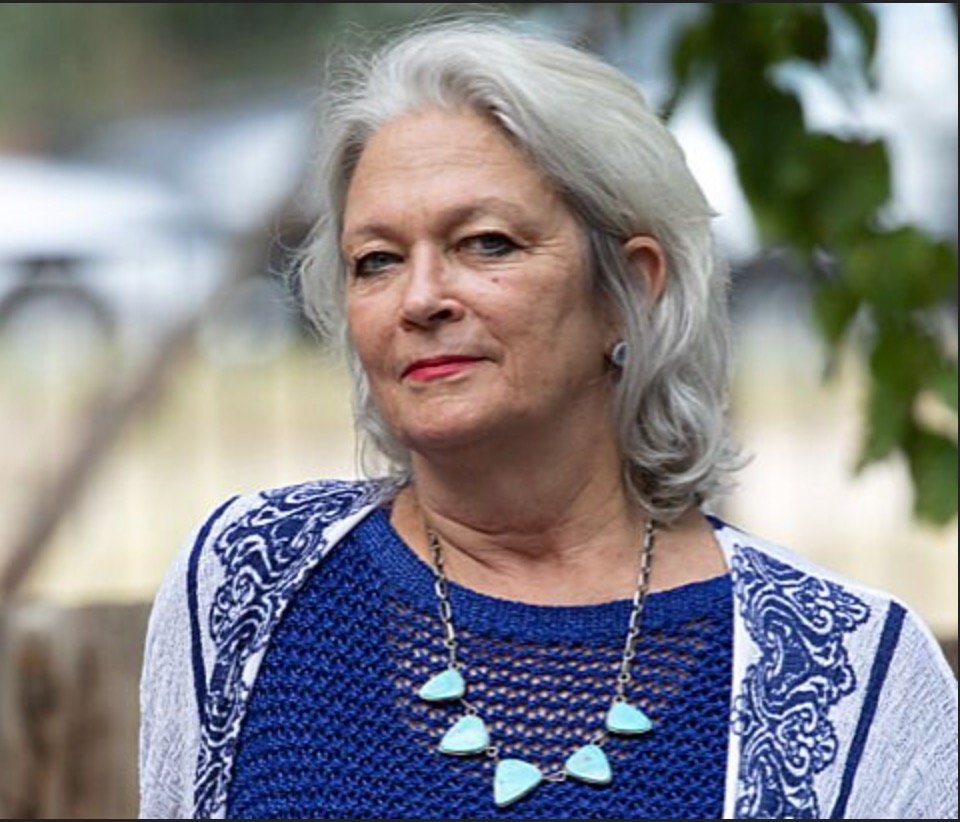Excerpt from an article written by Patty Machelor - Arizona Daily
Complete Article
An international community of friends, colleagues and people she helped are mourning the death of Naya Arbiter, who co-founded the Amity Foundation and dedicated her life to those struggling with addiction and trauma.
She died March 3 after a brief illness. She was 69.
Arbiter was born Sept. 20, 1952, in New York City. Her childhood included time in Mexico and Bolivia, where her stepfather worked in mining. She won the Miss Bolivia contest in Cochabamba at 13, said her husband, Rod Mullen, but was disqualified from more pageants because she was American.
Her family moved to Tucson in the late 1960s. Arbiter, then a teenager, began experimenting with drugs and became addicted to heroin. She was arrested in Mexico and spent seven months in jail in Nogales, Sonora, which, Mullen said, helped shape her compassion and insight when it came to addiction and inmates.
She was later arrested in Pima County by the FBI and faced, at 17, sentencing as an adult for drug trafficking.
At that time, Mullen said, a “courageous and empathic” probation officer risked her career by taking Arbiter to Synanon, a California-based program that was the first therapeutic community in the country.
That ended Arbiter’s drug use and, her husband said, launched 50 years of researching and perfecting ways to create therapeutic communities. She worked at Synanon for a decade before starting the Amity Foundation in Tucson with her husband in 1981.
“She became, in my view, the world’s most impactful advancer of that approach,” said George De Leon, a New York psychologist and researcher Arbiter sought out as she developed her ideas about helping people recover from not only addiction, but many other life-limiting experiences such as poverty, child abuse, racism, homelessness and violence.
The emphasis is not just on moving beyond dependence on drugs or alcohol, De Leon said, but helping people change their lifestyles and find out who they are, over time — and without those limitations.
Arbiter frequently reached out to De Leon, among many others, and read voraciously on these topics. She wrote 14 volumes of curriculum, and she did all of this without a college education. Instead, she often said, she learned from hearing the stories of others.
Her compassion extended beyond people. She was outspoken about the environment and climate change, and was a lifelong vegetarian who carried cat food in her purse in case she encountered a stray.
“She was extraordinarily wise, kind, honest,” said her lifelong friend and colleague, Pamela Jay. “She had an amazing, intuitive capacity to make a difference for others whether it be a plant, an animal, a pet or a human being.”
About TOTA
TOTA.world provides cultural information and sharing across the world to help you explore your Family’s Cultural History and create deep connections with the lives and cultures of your ancestors.


